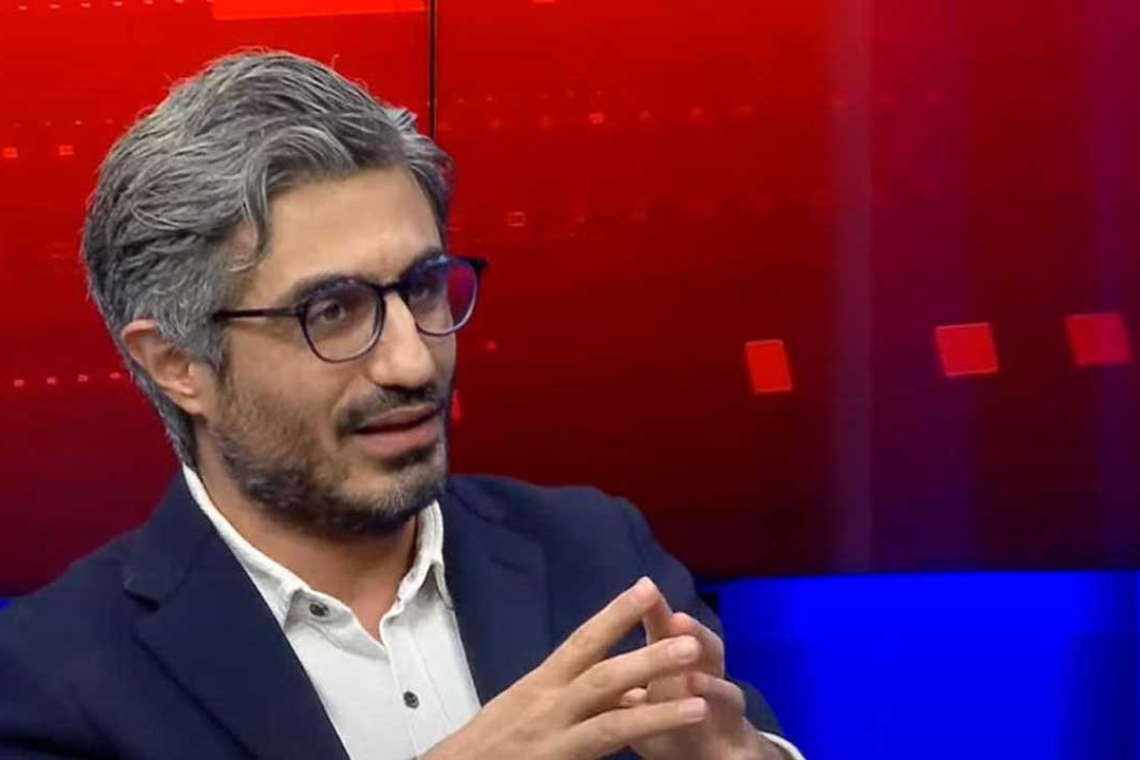Turkish journalist Barış Pehlivan has been sentenced to 1 year and 3 months in prison on charges of "violating the confidentiality of communication," after a prosecutor he reported on filed a complaint. The trial was held in the southeastern Turkish province of Kilis, where the prosecutor currently serves.
Pehlivan announced the verdict on his social media account, stating that the case was handled by "colleagues" of the prosecutor named in the article. The report in question was published in Cumhuriyet, a daily newspaper known for its critical stance on the Turkish government.
The news story featured details about the background of a prosecutor working at the Kilis Courthouse. According to the report, the prosecutor had previously served as the district chair of the ruling Justice and Development Party (AKP) in Şehitkamil, a district in Gaziantep Province near the Syrian border. Pehlivan wrote that during his time in that political role, the prosecutor was involved in a shooting incident following a traffic dispute. He also stated that the prosecutor had been a member, until 2016, of the Defense of Democracy and Law Association (Müdafaa Demokrasi ve Hukuk Derneği), which was shut down following the failed July 15, 2016 coup attempt.
Pehlivan emphasized that before publishing the article, he contacted the prosecutor, introduced himself as a journalist, and posed his questions directly. He said the prosecutor responded openly. Despite this exchange, the prosecutor filed a complaint, and the trial was held not in Istanbul, where Pehlivan is based, but in Kilis.
In addition to the prison sentence, the court also stripped Pehlivan of several civil rights, including his right to vote, run for public office, and hold a position in public service.
Following the decision, Pehlivan commented, "I don’t know how I committed this crime. And I know that this legitimate question has no meaning in today’s judicial system. So be it… This too shall pass."
The case comes amid increasing concerns over press freedom in Turkey, where journalists frequently face legal action over critical reporting on public officials.



